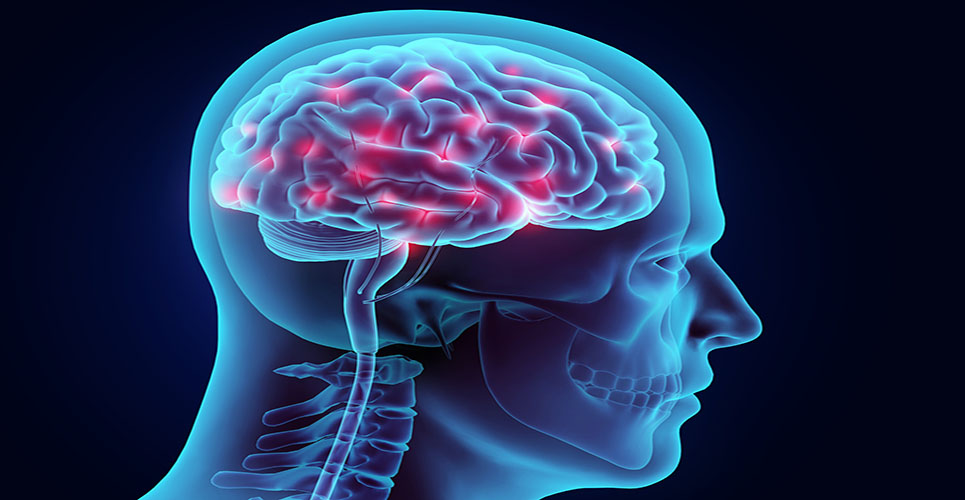teaser
A personalised medical diagnostics firm has joined forces with King’s College London to look into biomarkers for Alzheimer’s disease that can determine a patient’s response to medications.
TheraGenetics, a spin-off company of the University’s Institute of Psychiatry, develops pharmacogenetic diagnostic tests to guide and improve the treatment of central nervous system (CNS) disorders.
TheraGenetics will take part in the AddNeuroMed Consortium – a study of Alzheimer’s patients treated with cholinesterase inhibitors.
Richard Kivel, chief executive of TheraGenetics, said: “As the population ages, there remains a critical need for effective treatment of Alzheimer’s disease and a better understanding of who will benefit from a particular medication.
“TheraGenetics’ involvement with the AddNeuroMed Study underscores the company’s commitment to bring personalised medicine diagnostics into clinical practice for the treatment of Alzheimer’s disease so that genetic information can be used to inform prescribing decisions and physicians can better treat patients with this disabling disease.”
A biomarker is a test that can be used to help diagnose a condition or to help monitor a condition or response to treatment.
Professor Simon Lovestone, from King’s College London, said: “With more than nine million people living with Alzheimer’s disease worldwide, the need for biomarkers is widely recognised.”
AddNeuroMed is part of InnoMed, a study sponsored by the European Federation of Pharmaceutical Industries and Associations (EFPIA) and funded by the European Union in partnership with the pharmaceutical industry.
Copyright PA Business 2008

